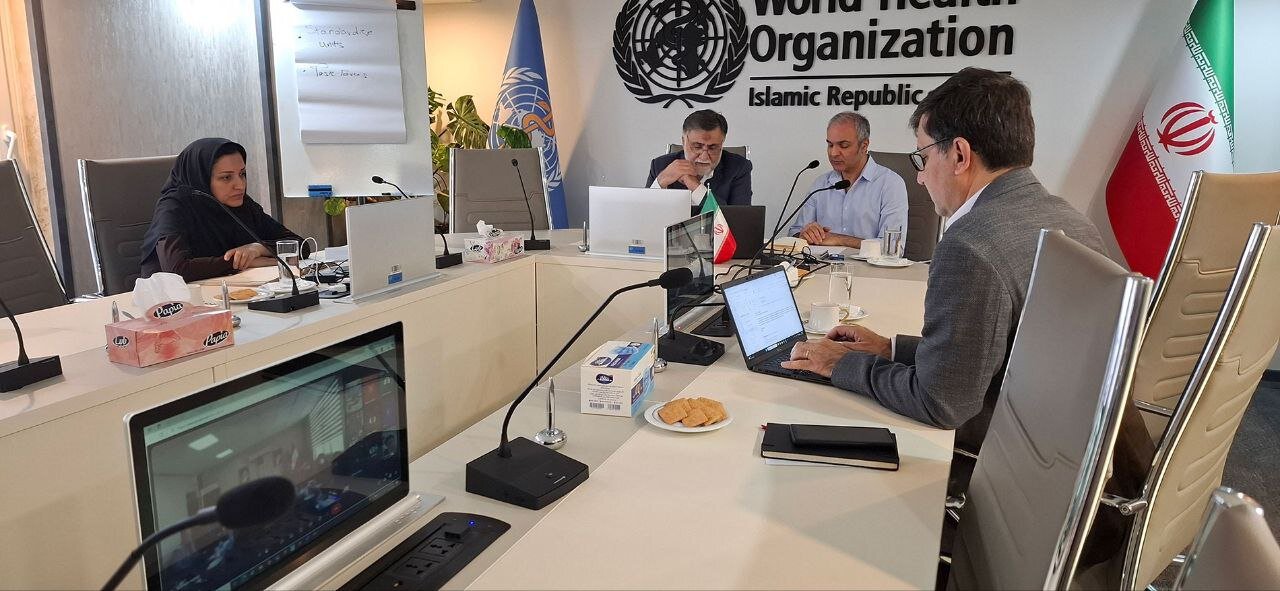
Similar Posts
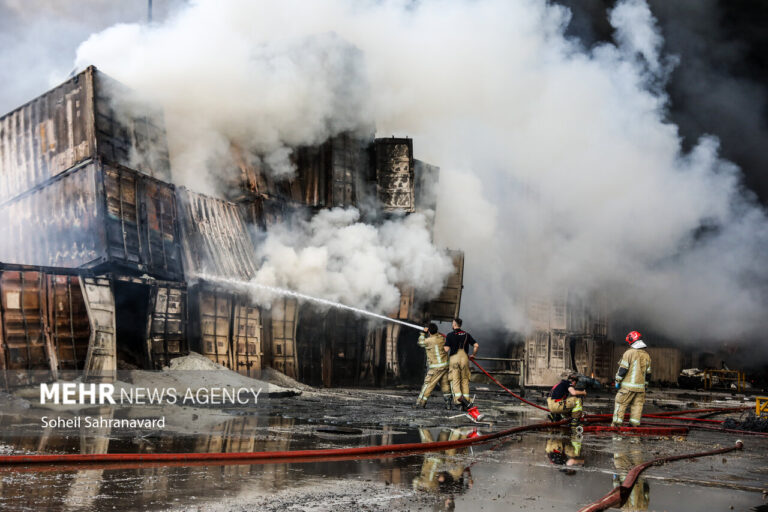
Pezeshkian Leads Urgent Crisis Management Meeting to Address Shahid Rajaee Incident
A massive explosion at Shahid Rajaee Port in Bandar Abbas on Saturday resulted in at least 28 deaths and around 800 injuries. President Masoud Pezeshkian visited the site, assessing damages and coordinating emergency responses with crisis management officials. The explosion’s cause is under investigation, potentially linked to stored chemicals. In response, Monday was declared a national day of mourning in Iran, with international leaders, including Vladimir Putin and Narendra Modi, expressing condolences. The tragedy highlights the need for swift governmental action and international support to assist victims and prevent future incidents in industrial settings.
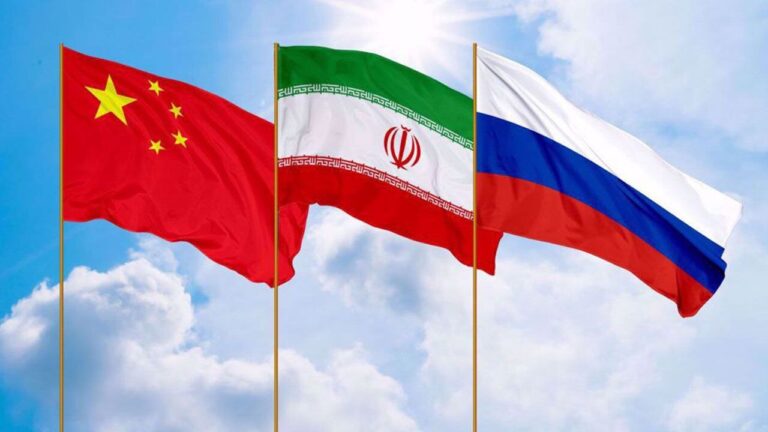
Tri-Nation Tech Summit: Iran, Russia, and China Unite for Groundbreaking Nano-Micro Symposium
On February 25, Iran, in collaboration with China and Russia, hosted the international symposium ‘Nano-Micro ICR 2025’ focusing on advancements in nanotechnology and microtechnology. This virtual event emphasized global cooperation in these innovative fields and featured discussions among researchers, university professors, and industry experts from the three countries. Co-organized by K.N. Toosi University of Technology, the Iran Nanotechnology Innovation Council, and the Alliance of 5 Top Iranian Universities of Technology (UT5), the symposium covered diverse topics such as nanomaterials, nano-biotechnology, nano-medicines, and microelectronics, with presentations from prominent scientific figures.
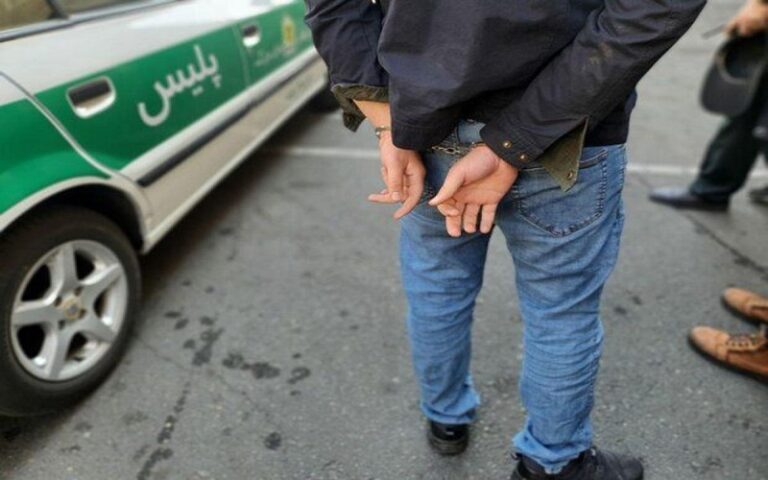
Iran’s Alarming Surge in Theft Highlights Escalating Economic Crisis
Iran’s theft rates have surged nearly fourfold since the late 2000s, reflecting severe socio-economic challenges. Judiciary spokesperson Asghar Jahangir acknowledged that around 80% of crimes are linked to inflation and rising prices, with new crime patterns emerging from digital platforms. Factors like poverty, unemployment, and family breakdown exacerbate the situation. Despite theft being the most common crime, Iranian institutions provide limited transparency on crime data. Harsh punishments for theft, rooted in medieval interpretations of Islamic law, contrast starkly with the systemic corruption among regime officials. This crisis underscores the urgent need for reform and equitable governance in Iran.
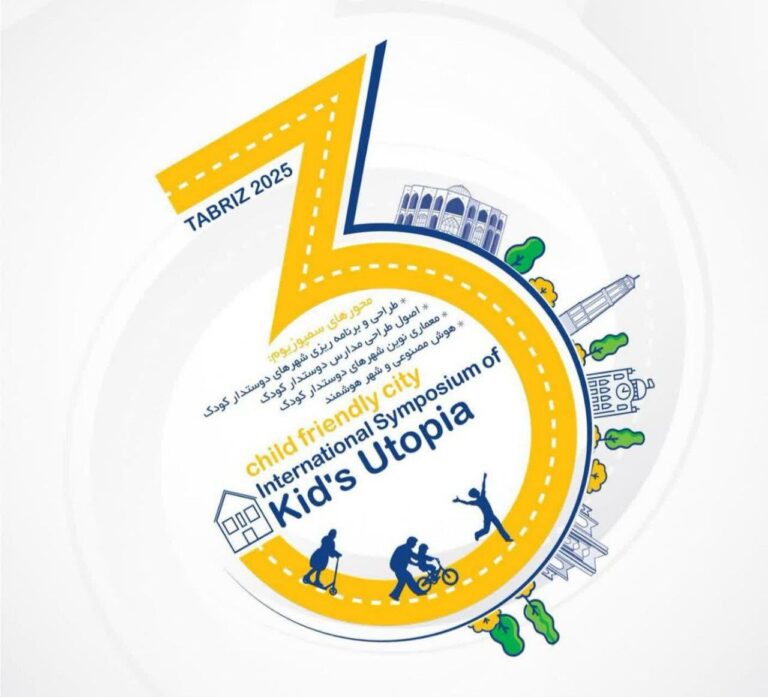
Tabriz Set to Host Exciting International Symposium on Children’s Utopia
Tabriz, the capital of East Azarbaijan Province, will host the ‘Kid’s Utopia’ international symposium on May 14-15, focusing on creating child-friendly cities. This event will gather municipal governments, civil society, private sector, and academia to discuss urban planning that caters to children’s needs. The symposium emphasizes modern architecture, AI, and smart city initiatives, aiming to promote child rights and enhance urban conditions. Participants will share knowledge, develop capacity for child-friendly projects, and encourage private investment. Ultimately, the event seeks to foster inclusivity, accountability, and transparency in creating sustainable urban environments where children can thrive.
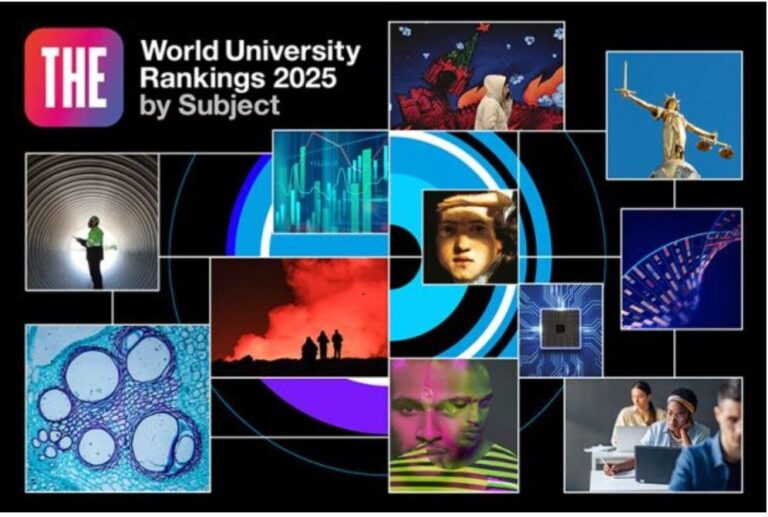
Over 80 Iranian Universities Shine in THE WUR 2025 Rankings by Subject!
The 2025 Times Higher Education World University Rankings highlights the strong performance of Iranian universities, with 81 institutions recognized, up from 73 in 2024. The rankings cover ten academic areas, excluding Law, and assess universities through 18 performance indicators across five core pillars: Teaching, Research Environment, Research Quality, Industry, and International Outlook. Iranian universities excelled particularly in Computer Science and Engineering. The University of Tehran and Sharif University of Technology ranked highly in various disciplines. Additionally, 29 Iranian universities were acknowledged in the Interdisciplinary Science Rankings, and 32 in the QS Asia University Rankings, reflecting the country’s advancing educational landscape.
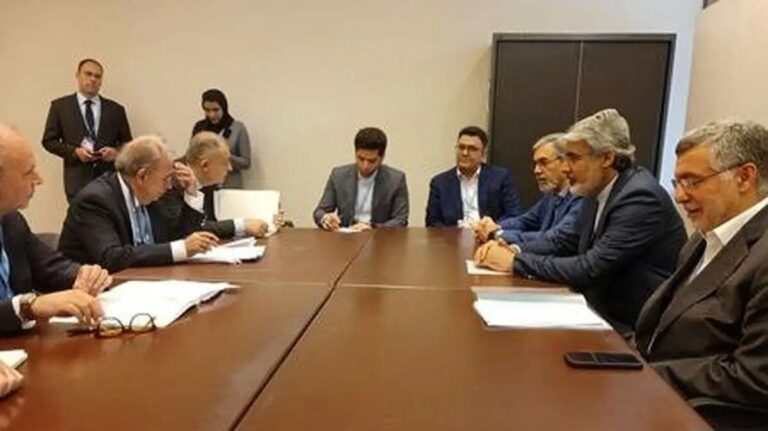
Iran and Italy Forge Stronger Health Partnerships: A Boost for Global Healthcare Collaboration
Iranian Health Minister Mohammad-Reza Zafarqandi and Italian Health Minister Orazio Schillaci have begun discussions to enhance health sector cooperation, addressing challenges like aging populations and digital health. Their meeting occurred during the 78th World Health Assembly (WHA) in Geneva. Schillaci highlighted Italy’s focus on prevention and health promotion, while Zafarqandi showcased Iran’s healthcare capabilities, including its primary care system and family physician program. Both ministers recognized shared public health challenges and proposed creating a working group to share best practices. Zafarqandi also plans to engage with other countries and discuss various health topics at the WHA, emphasizing global collaboration.